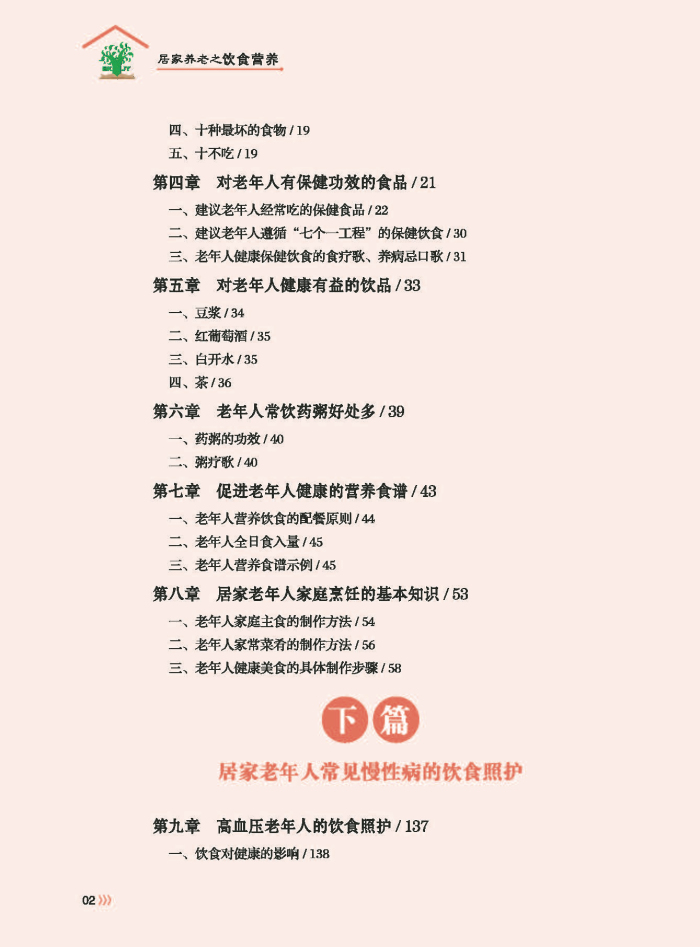为老年人提供营养饮食是保持其健康的关键。针对老年人的特殊营养需求,应确保摄入足够的蛋白质、维生素和矿物质,同时控制脂肪和糖的摄入。合理的饮食搭配有助于预防慢性疾病,提高生活质量。为老年人制定营养膳食计划至关重要。
As the world's population ages, the need for effective elderly care increases. An important aspect of elderly care is ensuring adequate nutrition through balanced diets. A well-designed nutritious diet can help maintain physical health, improve mental well-being, and enhance the quality of life for seniors.
Firstly, it is crucial to understand that nutritional requirements for seniors differ from those of younger individuals. As people age, their bodies undergo various changes that affect their nutritional needs. For instance, seniors tend to have reduced physical activity levels, which means they need fewer calories but still require adequate amounts of essential nutrients such as protein, vitamins, and minerals.
Therefore, a balanced diet for seniors should prioritize the following nutrients:
1、Protein: Protein is essential for maintaining muscle mass and bodily functions. Seniors should consume lean meat, fish, poultry, eggs, and plant-based protein sources such as beans and legumes.
2、Omega-3 fatty acids: These healthy fats are crucial for heart health and brain function. Seniors should include fatty fish like salmon and tuna in their diets, along with supplements if necessary.
3、Calcium and vitamin D: These nutrients are essential for maintaining bone health and preventing fractures. Dairy products are rich in both these nutrients, and seniors should also consider supplements if their dietary intake is insufficient.
4、Fiber: Fiber is important for maintaining a healthy digestive system and preventing chronic diseases. Seniors should consume whole grains, fruits, and vegetables to ensure adequate fiber intake.
5、Antioxidants: These help protect the body from damage caused by free radicals and reduce the risk of chronic diseases. Seniors should consume a variety of fruits and vegetables rich in antioxidants such as vitamins A, C, and E.
In addition to these essential nutrients, seniors should also focus on variety in their diets to ensure comprehensive nutrition. A varied diet provides the body with different nutrients and helps maintain overall health. It also helps prevent nutritional deficiencies that can lead to various health problems.
Moreover, seniors should avoid processed foods and sugary snacks that are high in calories but low in nutritional value. These foods can contribute to weight gain and increase the risk of chronic diseases such as diabetes and heart disease. Instead, seniors should focus on whole foods that are rich in nutrients and low in unhealthy fats and added sugars.
Furthermore, it is important for seniors to stay hydrated by drinking plenty of water and other fluids. Water helps maintain bodily functions and prevents dehydration, which is common among older individuals.
Lastly, it is essential to involve seniors in the planning of their own meals to ensure they are getting the nutrition they need. Encourage them to participate in meal preparation and provide them with options to choose from a variety of healthy foods. This helps maintain their independence and ensures they are getting the nutrition they need to stay healthy and active.
In conclusion, a balanced nutritious diet is crucial for seniors to maintain physical health, improve mental well-being, and enhance the quality of life. It is important to prioritize essential nutrients such as protein, omega-3 fatty acids, calcium, vitamin D, fiber, and antioxidants while focusing on variety in the diet. Additionally, avoiding processed foods and sugary snacks and staying hydrated are essential for overall health. Involving seniors in meal planning and preparation helps ensure they are getting the nutrition they need while maintaining their independence.




 湘ICP备2022025326号-1
湘ICP备2022025326号-1